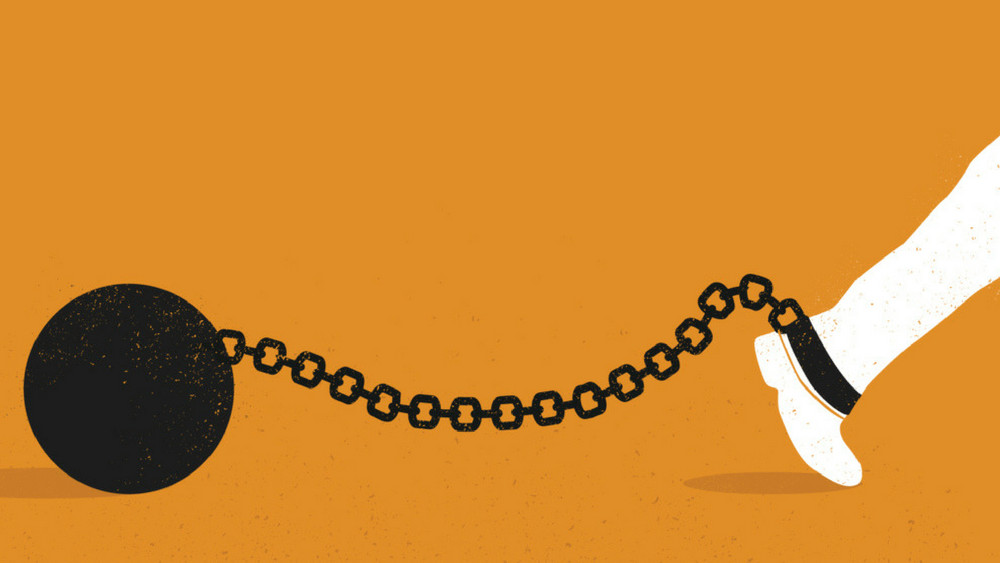HECS debts come back to haunt us
You could be repaying your HECS debt sooner than you thought
Christian ministers could be forced to repay their HECS debt under a proposed overhaul of the higher education sector.
On Monday night, Education Minister Simon Birmingham unveiled sweeping changes to the tertiary education sector, which included lowering the repayment thresholds for student loans (including vocational courses), and increasing some fees for university courses.
Under the proposed legislation, university graduates will be forced to start paying back their HECS debts when they begin earning $42,000, a significant reduction from the current $55,874. If adopted, the legislation will take effect from July 2018.
Currently, many Christian ministers who have a stipend sacrifice arrangement do not earn enough taxable income, making them ineligible to repay their debt.
In the Anglican Diocese of Sydney, the recommended minimum stipend for a minister is $65,714. Ministers are entitled to spend a portion of that stipend through a Minister’s Expense Account (MEA). Payments made through a MEA are tax-exempt. The tax legislation does not currently limit the amount that can be sacrificed, but the Diocese recommends it should not exceed 40 per cent of the total stipend.
Should an Anglican minister elect to sacrifice only 35 per cent of their salary, this would leave their taxable income at $42,714, which would make them liable to repay their HECS debt.
“Outstanding taxpayer funded student loans have tripled since 2009, now standing at more than $52 billion.” – Simon Birmingham
The Churches of Christ in Australia are in a worse position. Their minimum remuneration package starts with an annual salary of $44,925, before adding on those things claimable as fringe benefits. If this remains unchanged, Church of Christ ministry staff will be expected to start repaying HECS debts.
“Outstanding taxpayer funded student loans have tripled since 2009, now standing at more than $52 billion,” Birmingham said.
“Without changes to address this situation, around a quarter of that is expected to go unpaid.”
Along with the reduction in the repayment threshold, repayment rates will also be changed so graduates will start repaying their debt with only one per cent of their income. They will pay a maximum of seven per cent when they reach a salary of $84,513.
The proposed repayment threshold is about $7000 above minimum wage, and Birmingham said, “At a repayment rate of just one per cent an employee will pay back just $8 per week of the student loan that funded the university degree.”
Email This Story
Why not send this to a friend?


